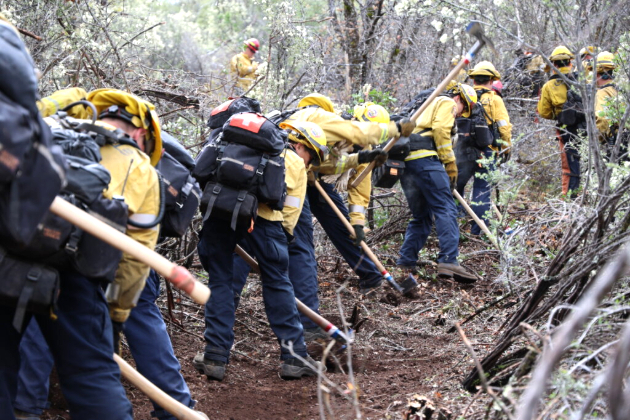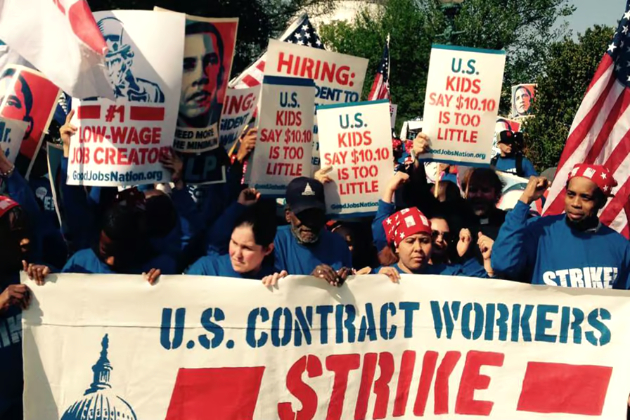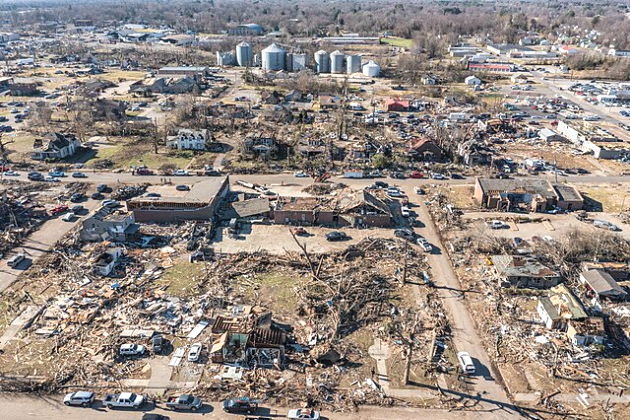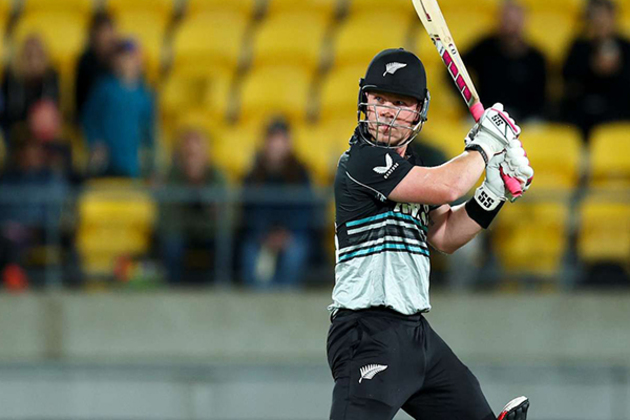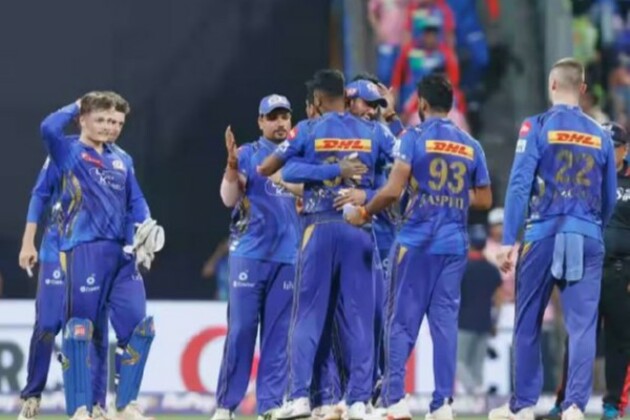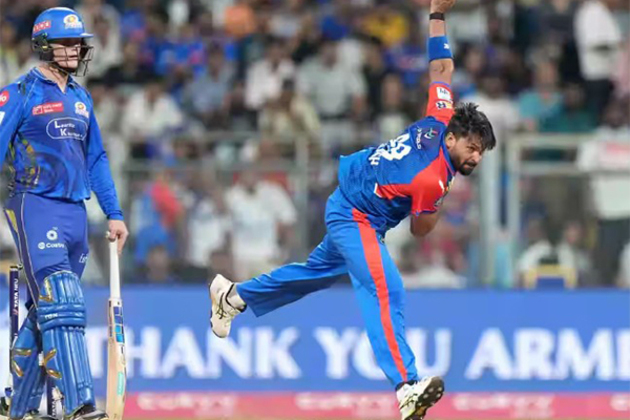COP26: a four-minute guide by a climate scientist
The Conversation
01 Nov 2021, 12:09 GMT+10
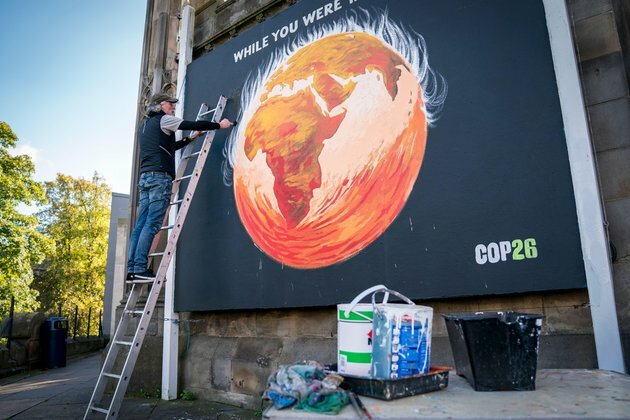
COP26, which is taking place in Glasgow, is the latest in a series of meetings through which the world's governments attempt to deal with climate change.
COP stands for "Conference of the Parties": these 197 parties are the United Nations member countries, plus a few small non-UN member countries and the European Union, all of whom support the Framework Convention on Climate Change. This was set up in 1992 to organise a global response to what most people then called the "greenhouse effect". It's COP26 simply because this is the 26th meeting.
The location of COP meetings changes each time. The last meeting was in Madrid in 2019. There was no COP in 2020 due to COVID-19. The most important COP so far was the 2015 meeting in Paris, which agreed to "limit global warming to well below 2℃, preferably to 1.5℃, compared to pre-industrial levels".
It's possible to set a target like this because scientific research has recognised a close relationship between the amount of carbon dioxide in the global atmosphere and its average temperature.
In order to achieve the target of "well below 2℃, preferably 1.5℃" the Paris Agreement committed to "reach global peaking of greenhouse gas emissions as soon as possible to achieve a climate neutral world by mid-century".
The main task for COP26 is to follow through on this commitment and produce realistic plans to reduce global carbon emissions to levels that hold 21st-century global warming as close to 1.5℃ as possible.
As you can imagine, getting 197 different countries, all with their own circumstances and interests, to agree to such plans isn't exactly straightforward: after all, it took 23 years to get to the Paris agreement. Most famously, Donald Trump withdrew the US from the Paris agreement when president, although it returned after Joe Biden's election. So there is some uncertainty about how successful COP26 will be.
The main method for reducing emissions is the Nationally-Determined Contribution (NDC) of each country: these are individual countries' climate action plans. For example, the UK's most recent NDC commits it to reducing emissions by at least 68% by 2030, compared to 1990 levels.
The main problem facing COP26 is that the combined NDCs of all the parties aren't enough to meet the 1.5℃ target of the Paris agreement. If you combine all the current plans and promises contained in the NDCs, they would lead to a global temperature increase of 2.4℃ by the year 2100 and if you look at actual emissions now, they would lead to a global temperature increase of 2.9℃ by 2100.
So there is a need for much-improved NDCs, plus effective ways to ensure that countries actually cut all the emissions they pledged to. One of the most important ways is for wealthy countries to provide financial support to enable less wealthy countries to cut emissions, which was an important part of the Paris Agreement but hasn't been fully acted on yet.
Why this matters
COP26 matters because the window is quickly closing on the Paris Agreement's 1.5℃ target: if emissions don't fall very rapidly, very soon, too much carbon will have been added to the atmosphere to keep the temperature from rising higher. Current emissions need to be halved by 2030 to have about a 50:50 chance of keeping to 1.5℃. The longer the world delays before cutting emissions, either the harsher the cuts will need to be to meet the target, or the target will be missed altogether.
The Paris Agreement matters because a 1.5℃ world is safer than a 2℃ world. For example, the proportion of the global population exposed to severe heat at least once every five years is almost three times higher at 2℃ compared to 1.5℃. The reduction in maize harvests in the tropical regions is over twice as great at 2℃ and coral reefs would be largely eliminated.
If COP26 isn't successful, it doesn't mean that we're doomed. But it would make it harder to avoid the worst effects of climate change, such as droughts, heatwaves, floods and rising seas. It's perhaps best to see COP26 as part of the long-term project to keep Earth as safe and habitable as possible for all its people, and the more successful it is, the easier that will be.
This story is part of The Conversation's coverage on COP26, the Glasgow climate conference, by experts from around the world.
Amid a rising tide of climate news and stories, The Conversation is here to clear the air and make sure you get information you can trust. More.
Author: Richard Hodgkins - Senior Lecturer in Physical Geography, Loughborough University 
 Share
Share
 Tweet
Tweet
 Share
Share
 Flip
Flip
 Email
Email
Watch latest videos
Subscribe and Follow
Get a daily dose of Herald Globe news through our daily email, its complimentary and keeps you fully up to date with world and business news as well.
News RELEASES
Publish news of your business, community or sports group, personnel appointments, major event and more by submitting a news release to Herald Globe.
More InformationInternational
SectionDepartment of Justice seeks merger of DEA, ATF; needs Congress nod
WASHINGTON, D.C.: The U.S. Department of Justice wants to merge two of its agencies — the Drug Enforcement Administration and the Bureau...
Spain orders Airbnb to delist 65,000 rentals for illegal listings
MADRID, Spain: Spain has ordered Airbnb to remove more than 65,000 holiday rental listings from its platform, accusing the company...
Victims’ families reject tentative Boeing non-prosecution agreement
WASHINGTON, D.C.: Families of some of the 346 people who died in two deadly Boeing 737 MAX crashes plan to oppose a proposed deal between...
Southern California Edison targets grid safety in wildfire strategy
ROSEMEAD, California: Southern California Edison (SCE) has outlined a US$6.2 billion wildfire mitigation plan aimed at reducing fire...
Appeals court clears Trump’s rollback plan for worker protections
WASHINGTON, D.C.: A federal appeals court recently lifted a block that had stopped President Donald Trump's administration from removing...
Tornadoes kill 25 in Kentucky and Missouri after fierce spring storm
LEXINGTON, St. LOUIS: A strong spring storm caused tornadoes overnight in the U.S. Midwest and Ohio River Valley, killing at least...
Sports
SectionTim Seifert joins RCB as temporary replacement for Jacob Bethell
Bengaluru (Karnataka) [India], May 22 (ANI): Royal Challengers Bengaluru (RCB) have roped in New Zealand wicketkeeper-batter Tim Seifert...
Hockey India announces 24-member India Team for FIH Hockey Pro League 2024-25 European leg
New Delhi [India], May 22 (ANI): Hockey India on Thursday announced the 24-member Indian Men's Hockey Team for the European leg of...
Ayush Mhatre to lead India U19 squad for England tour; Sooryavanshi among key players
New Delhi [India], May 22 (ANI): BCCI's Junior Cricket Selection Committee has announced the Indian U19 squad for their upcoming tour...
"If MI is playing, you should expect us to qualify": Naman Dhir confident of Mumbai's sixth IPL title
Mumbai (Maharashtra) [India], May 22 (ANI): Mumbai Indians (MI) all-rounder Naman Dhir expressed confidence in his team's chances of...
Jatinder Singh shines in Super Over as Oman edge USA in thrilling League 2 clash
Lauderhill (Florida) [US], May 22 (ANI): Skipper Jatinder Singh emerged as the match-winner, guiding Oman to a nail-biting Super Over...
DC's Mukesh Kumar fined for breaching IPL Code of Conduct
New Delhi [India], May 22 (ANI): Delhi Capitals (DC) pacer Mukesh Kumar was fined 10% of his match fee following his team's loss to...




